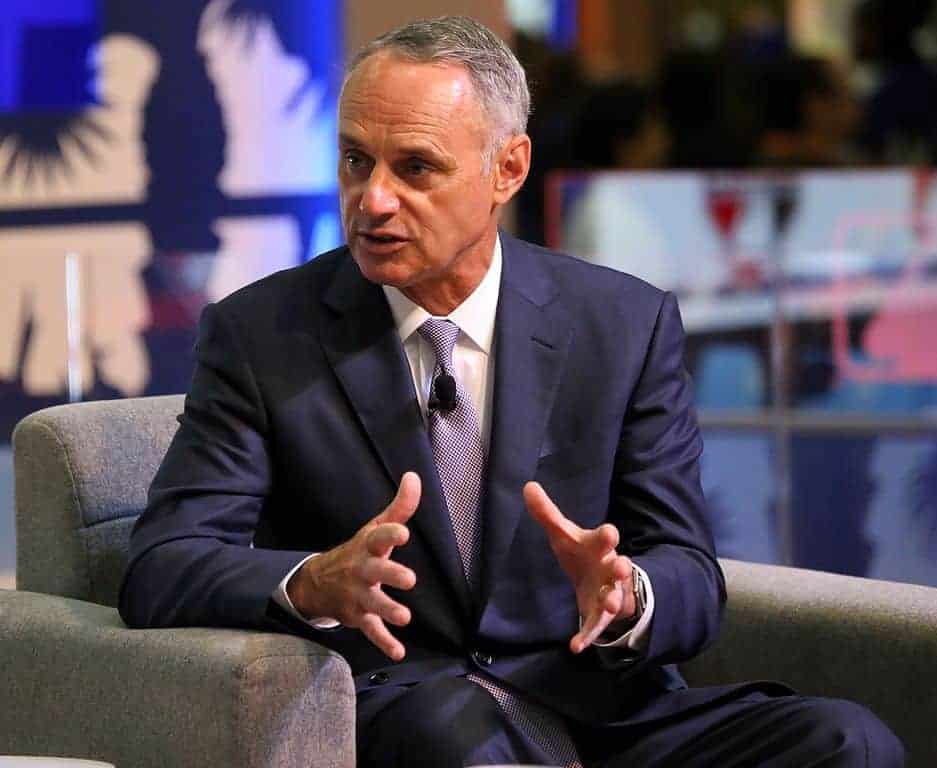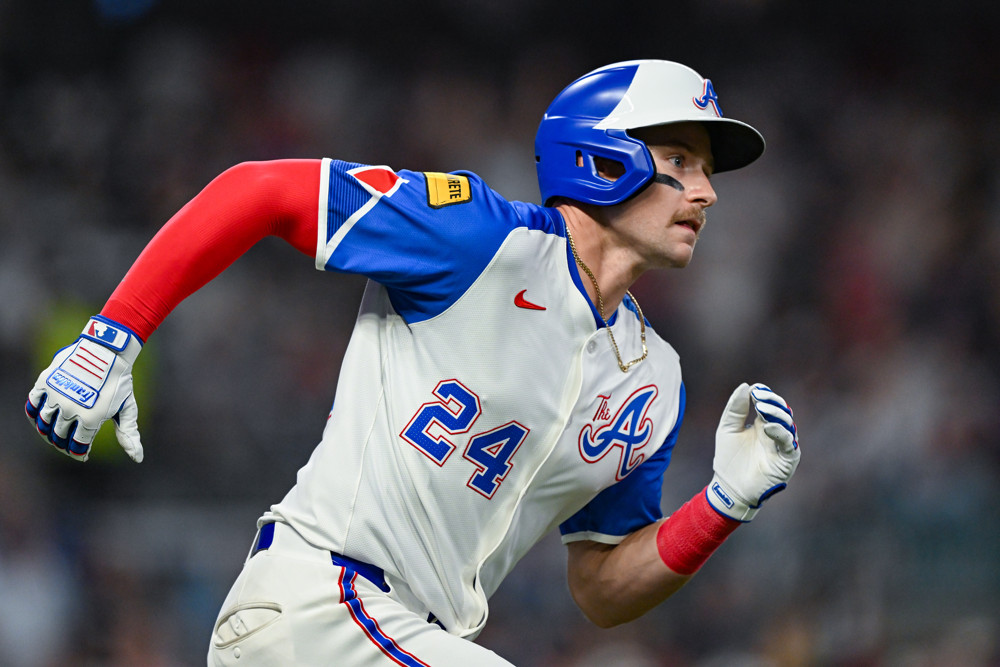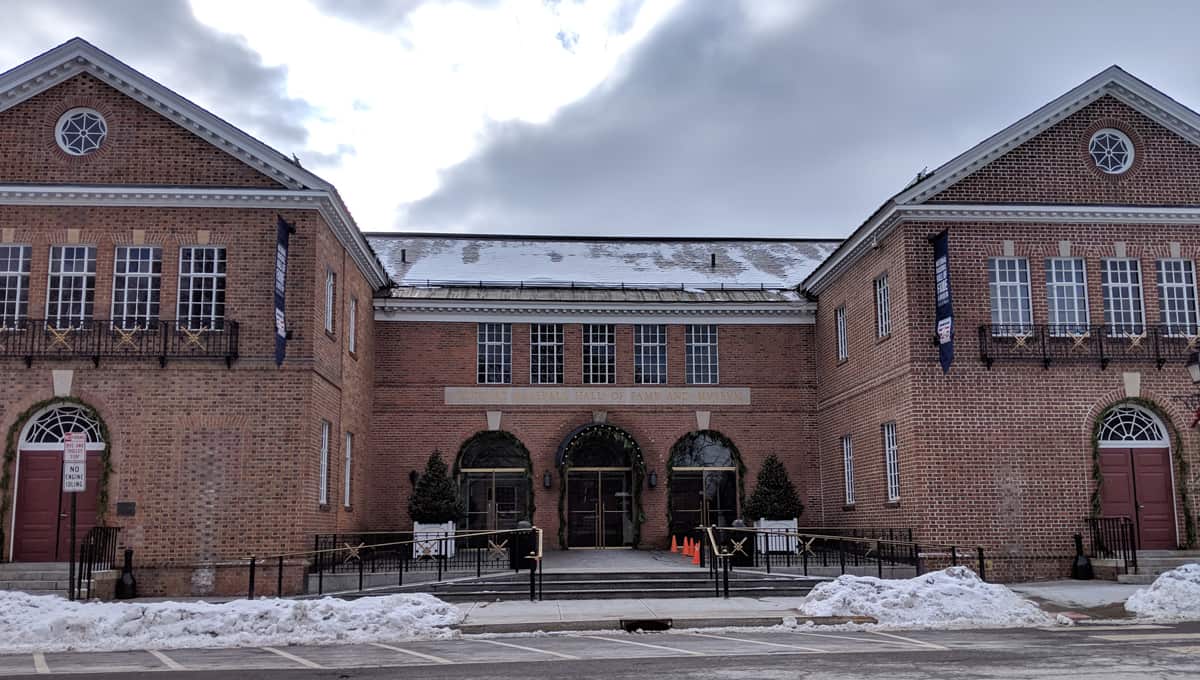Illinois Gov. J.B. Pritzker is an unlikely bellwether for the negotiations between Major League Baseball and its Players Association, but at least for one week, he did a nice job reflecting the push and pull between the two sides.
After it was reported that MLB owners would seek a revenue split instead of paying players prorated salaries -- and that the MLBPA considered that a nonstarter -- Pritzker lamented the players' unwillingness to sacrifice. Stitching together tweets from Block Club Chicago's Kelly Bauer:
"I realize that the players have the right to haggle over their salaries, but we do live in a moment where the people of Illinois and the people of the United States deserve to get their pastime back — to watch, anyway, on television. If they're able to come up with safety precautions, as has been suggested by Major League Baseball, that works, I hope that the players will understand that the people of our United States need them to recognize this is an important part of leisure time that all of us want to have in the summer: to watch them play baseball, to root for our favorite teams. We need that back. We need that normalcy. I must say I'm disappointed in many ways that players are holding out for these very, very high salaries and payments during a time when I think everybody is sacrificing."
A day later, Pritzker realized that players also had the right to haggle over their entire situations (salaries included), and this time it sank in.
At his briefing on Wednesday, he said ''I want to address something that I said yesterday, regarding baseball and baseball players.''
''I want to apologize for leaving the impression that baseball players shouldn't have the right to bargain, to protect their health and safety,'' the Democrat said. ''I absolutely support that right, and I should have made that more clear.''
Likewise, the initial rush and furor of MLB's revenue-sharing plan has dulled, mostly because it's indeed a negotiation, and both sides are allowed to stake out distant positions at the start. Hell, even Bob Nightengale is scolding guys like Pritzker and Mark Teixeira for telling players to accept the owners' initial offer, and ending up at a rather reasonable assessment of the divide:
The owners believe they will lose about $125 million a team if no season is played and about $100 million during the regular season if they played with no fans. The risk is if they sustain those losses during the regular season and the postseason was abruptly cancelled, it could lead several owners to possible bankruptcy.
The players will lose everything but the $280,000 they’ll have received by May 24 if there is no season. But if they agree to a pay cut, they believe they’ll be losing their rights and leverage in upcoming talks with their collective bargaining agreement expiring on Dec. 1, 2021.
We only know the true state of finances on the players' side since the league never opens the books, which is one reason why labor has historically been at a disadvantage when it comes to getting public support. It's easy to see contextualize what a pitcher is making, and goobers like Darren Rovell can get easy Twitter engagement by carving up a large salary into "a paycheck," or "a start," or "per pitch." Capitalize a few words to stoke emotions, and friend, you've got yourself a tweet.
Blake Snell was the latest to invite easy fan backlash when ranting about the situation on Twitch. There are funnier and less flattering passages, but the crux of the issue is here:
"I gotta get my money. I’m not playing unless I get mine, OK? And that’s just the way it is for me, like, I’m sorry you guys think differently, but the risk is way the hell higher and the amount of money I’m making is way lower, why would I think about doing that? Like you know, I’m just — I’m sorry."
MLB players are not as exposed to the coronavirus as health care workers or as meagerly compensated as grocery store employees, but they're the most vulnerable of anybody in their particular workplace, and they've already bargained a compromise regarding their salaries. Also, while their membership may mostly comprise young and healthy males, the people they're coming home to may not fit that description.
You can read Mark Carig's defense of Snell at The Athletic for a good big-picture summary, and then you can read the comments to get a taste of what players are up against. I wouldn't read too many, because I don't think our brains are wired to know what so many strangers are thinking about a topic they're not directly involved in. Or maybe that's just my social media fatigue talking.
* * * * * * * * *
Conversely, good luck figuring out what Jerry Reinsdorf and other owners make per game. There are a ton of income streams, the specifics aren't readily available for most of them, and some are entirely shrouded in mystery. Forbes is the only outlet that takes a run at it, and its numbers are mushy enough that I wouldn't wield any specifics as a weapon.
This murkiness normally works for the league, but a pandemic-related stoppage shows some of its limitations. Because revenues aren't really known, there's no reason to trust any specific number coming from the commissioner or an owner. And because the stoppage can't be blamed on players -- there'd be major safety issues even if the players forfeited their salaries -- the league is actually having to present some figures.
Two examples from Wednesday:
*During an interview with CNN's Anderson Cooper, Rob Manfred said, "If we don't play a season, the losses for the owners could approach $4 billion."
*On a call with season-ticket holders, Cubs owner Tom Ricketts said, "For the Cubs about 70 percent of the revenue that comes into our organization comes in on day of game. It comes in through selling tickets. It comes in through selling concessions. It comes in through the ballpark experience."
If these numbers aren't completely whole-cloth fabrications, then there are a couple ways I'm initially inclined to take them:
- Manfred's "$4 billion in losses" means "$4 billion not made," not "$4 billion in the red."
- Ricketts' "70 percent of the revenue" also includes what the team makes from broadcasting those games, even if he didn't itemize it.
Both claims inspire more scrutiny in how they arrived at those figures, which is why MLBPA lawyers asked the league to submit a whole host of documents to show its work. If Manfred's side refuses to play ball, then the MLBPA has no reason to accept any revenue-based plan, and they're back to the previous arrangement.
If the league is really that reliant on providing cable providers with product that fulfills their hefty carriage fees in order to support the escalating team valuations, then it seems like "some games" would be a superior option to "no games," even if they get nothing more from the players beyond prorated salaries.
* * * * * * * * *
Assuming I'm reading the reports right, the league hasn't yet formally presented the specific revenue-sharing solution to the MLBPA. The league has only presented this dire forecast and an 80-page player-safety plan. The latter is the primary stumbling point when it comes to starting a season, and Manfred provided an overview of it on Cooper's CNN show, and there are some holes.
The plan puts testing at the forefront of the plan, which is necessary. Manfred said players would be tested multiple times a week using a private lab in Utah that they've converted from minor-league drug testing to COVID-19 response. Team personnel would also be screened for temperature and symptom checks daily. That all sounds fine and prudent and like most workplaces, assuming the testing does not direct resources away from the public at that time.
But while the Korean Baseball Organization said a positive player test would prompt a three-week shutdown of the league, Manfred isn't going that far. He said MLB would not necessarily require a two-week quarantine for the employee and everybody he or she has been in contact with. Instead, it would conduct contact tracing and point-of-care testing to monitor the potential of a spread, and the person who tested positive could return to work after testing negative twice in a 24-hour period of time.
The problem is that point-of-care tests are often not as sensitive as tests performed in a laboratory. When you get tested for strep throat, a positive point-of-care test means you have it, but a negative test has to be supported by a throat culture test in order to verify the results, since false negatives are a prevalent-enough outcome of the rapid version. If there's a sizable gap between sensitivities of POC and PCR tests, letting people go to work in close quarters under this kind of uncertainty is cutting a corner, and one that stands a chance of coming back to bite the league.
It's understandable why the league would want to do everything in its power to avoid a multiple-week interruption, given that the season would start well later than the KBO got off the ground. But if the season is so fragile that it'd be jeopardized by a responsible response to a cluster, then it's right to question whether a season is even worth starting.
Add the pandemic-specific questions to the greater CBA-related conversations, and there are a lot of things management and labor have to question and hash out over the coming weeks and months. The negotiations might be a terrible form of the only baseball-related entertainment in the United States, but that doesn't diminish the necessity of letting it play out.
(Photo by Arturo Pardavila III)






